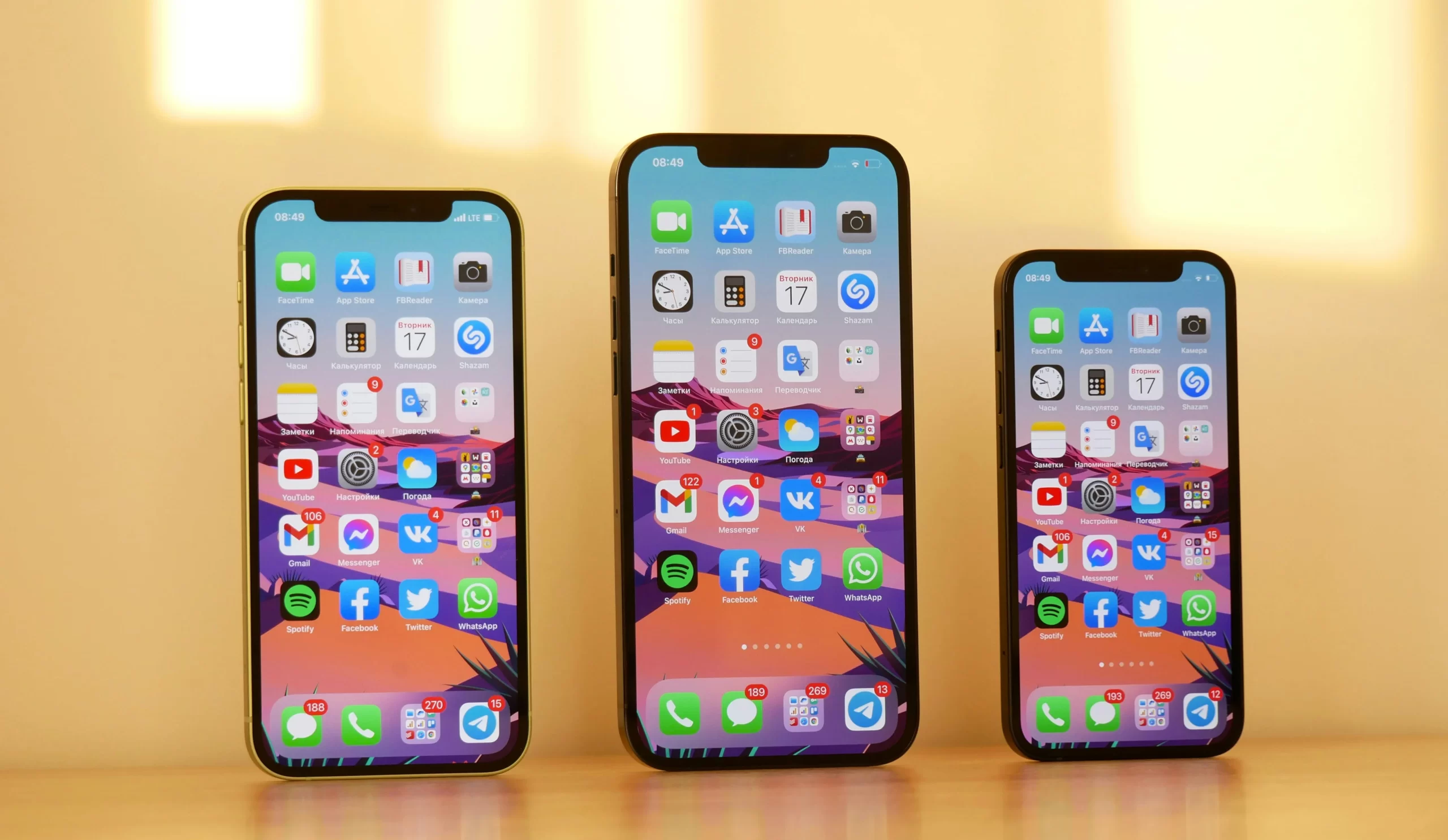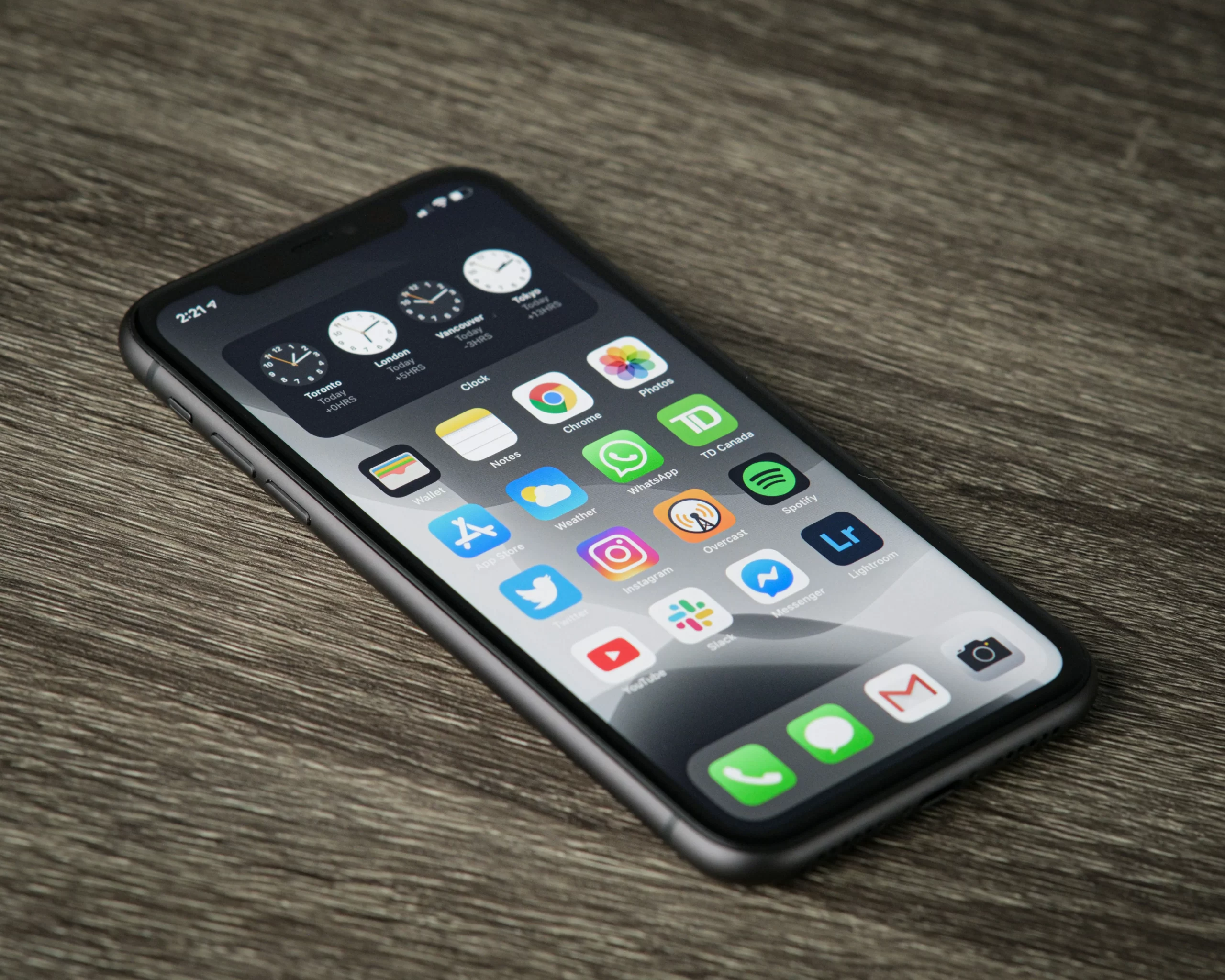In the world of smartphones, the debate between iPhone vs. Android users has been ongoing for years. Both platforms offer a variety of features, and each has its own loyal fanbase. But which one is truly better? In this article, we will compare the two operating systems across several key categories, helping you make an informed decision based on your preferences and needs.
Design and Build Quality
One of the most noticeable differences between iPhone vs. Android devices is their design and build quality. iPhones are known for their sleek, minimalist design and high-quality materials. Apple controls the entire design process, resulting in a consistent and premium look across all its devices. The build quality of iPhones is often regarded as superior, with durable glass and metal finishes.
On the other hand, Android offers a wide range of designs due to the numerous manufacturers involved, such as Samsung, Google, and OnePlus. This variety allows users to choose from different styles, sizes, and materials, ranging from budget-friendly plastic designs to high-end glass and metal finishes. However, the quality can vary significantly depending on the manufacturer and price point.
Operating System and User Experience
The operating system is where the most significant differences between iPhone and Android lie. iOS, the operating system used in iPhones, is known for its simplicity, smooth performance, and seamless integration with other Apple products. The user interface is intuitive, making it easy for even non-tech-savvy users to navigate. Apple’s ecosystem also offers a uniform experience across devices, with features like AirDrop, iCloud, and Handoff that work seamlessly between your iPhone, iPad, and Mac.
Android, on the other hand, is known for its customization options. Users have more control over the appearance and functionality of their devices, with the ability to change themes, widgets, and even the default apps. Android also supports a broader range of devices, offering more flexibility in terms of hardware and software. However, this flexibility can sometimes lead to inconsistencies in user experience, especially with devices that don’t run a pure version of Android.
App Store and Software Updates
When it comes to app availability and quality, both iPhone and Android have their strengths. The Apple App Store is known for its strict guidelines, which often result in higher-quality apps. Developers typically release their apps on iOS first, due to the platform’s lucrative user base. However, Android’s Google Play Store offers a wider variety of apps, including those that might not pass Apple’s stringent approval process.
Software updates are another crucial aspect to consider. Apple provides regular updates to all its devices simultaneously, ensuring that even older models receive the latest features and security patches. In contrast, Android updates are often fragmented due to the variety of manufacturers and devices. While Google releases updates for its Pixel phones promptly, other manufacturers might take months to roll out the same updates, leaving some devices vulnerable to security risks.
Price and Value
iPhones are generally more expensive than Android phones, especially at the high end. Apple’s pricing strategy reflects its focus on premium products, which come with a premium price tag. However, this also means that iPhones tend to retain their value better over time, making them a more valuable investment in the long run.
Android offers a broader price range, with options for every budget. From affordable entry-level phones to high-end flagships that rival the iPhone, Android provides more flexibility for users who don’t want to spend top dollar. However, the lower price often comes with trade-offs in build quality, performance, and software updates.
Which One Is Better?
Ultimately, the choice between iPhone vs. Android comes down to personal preference and priorities. If you value a seamless, user-friendly experience with a strong ecosystem and regular updates, the iPhone is likely the better choice. However, if you prioritize customization, a broader range of device options, and more flexibility in your smartphone experience, Android might be the way to go.
Both platforms have their strengths and weaknesses, so it’s essential to consider what matters most to you in a smartphone before making your decision.



Un comentario sobre “iPhone vs. Android: Which One Is Better?”